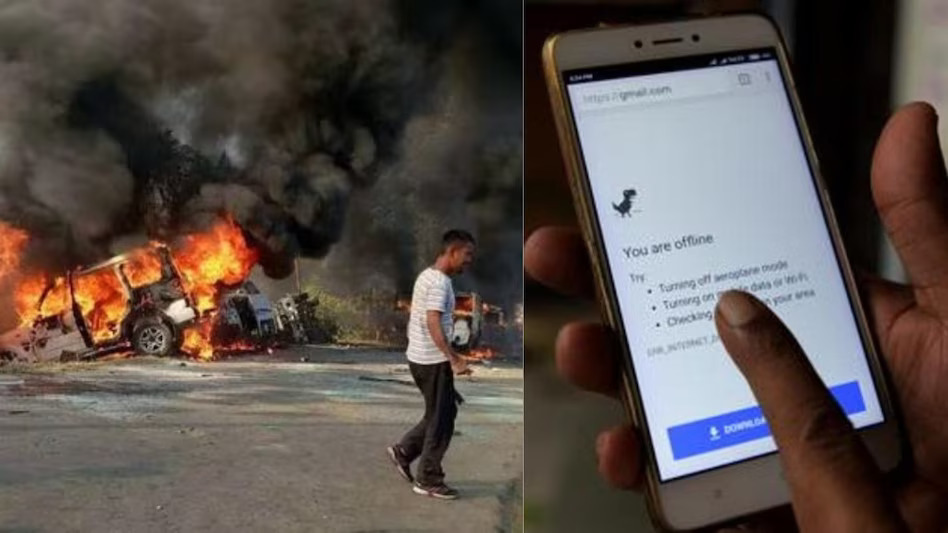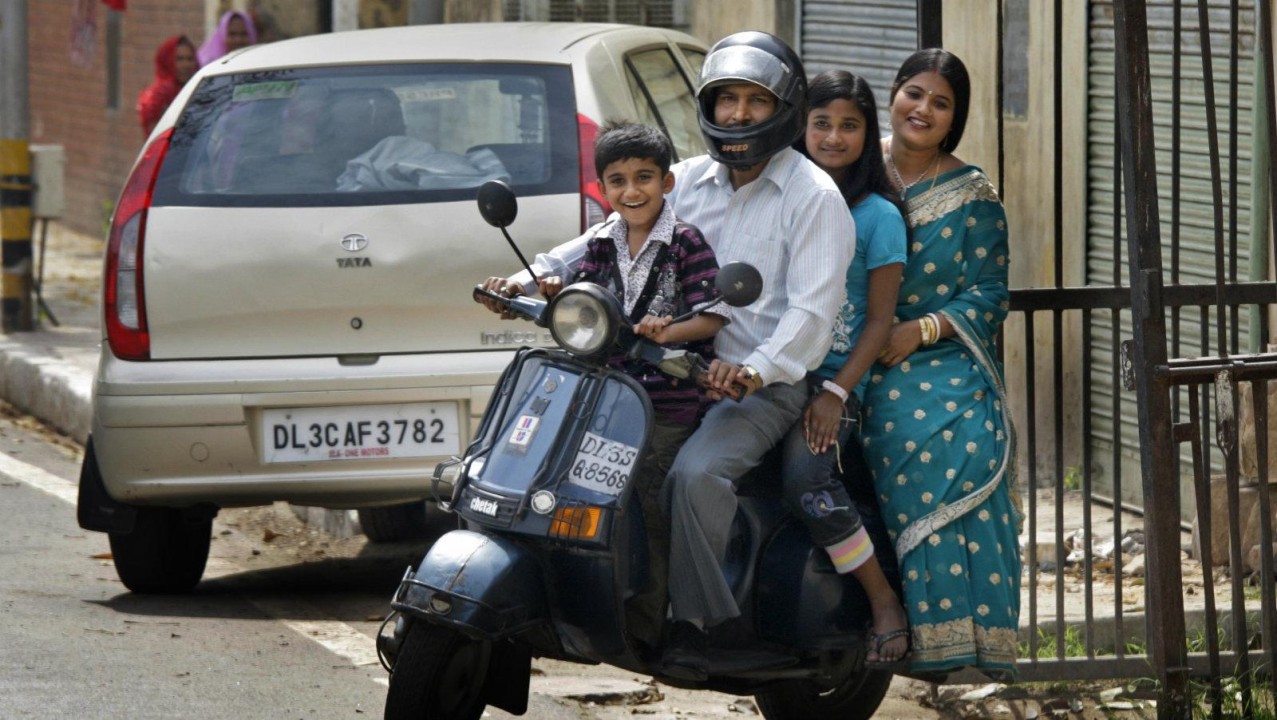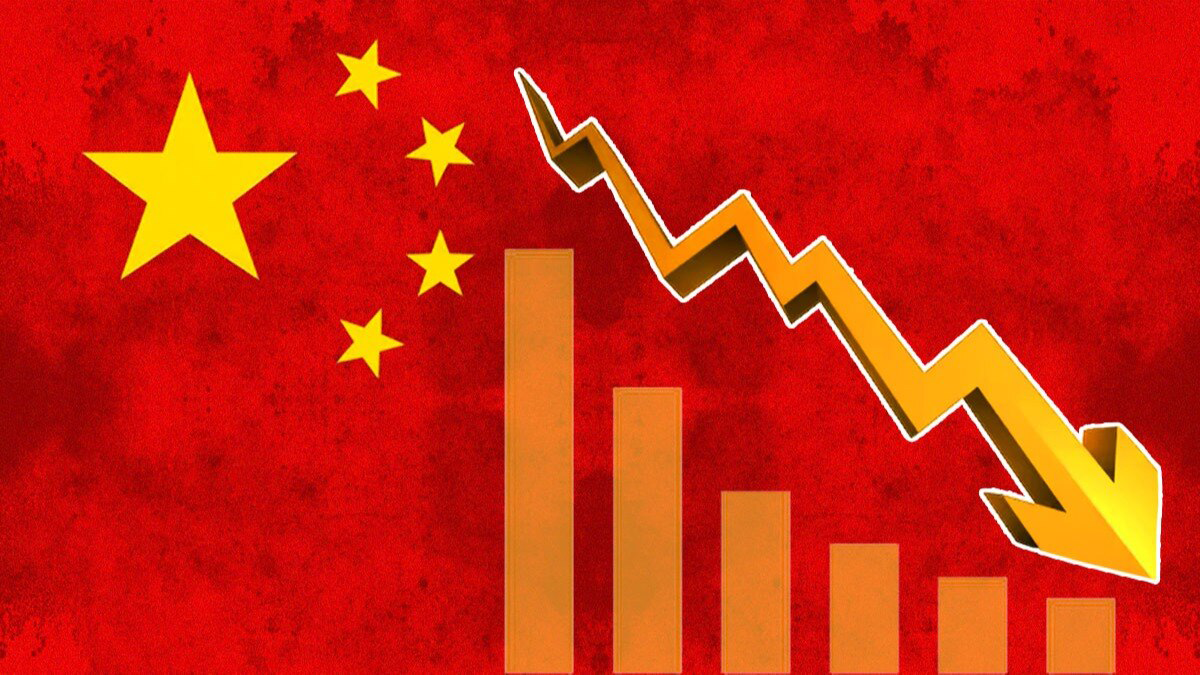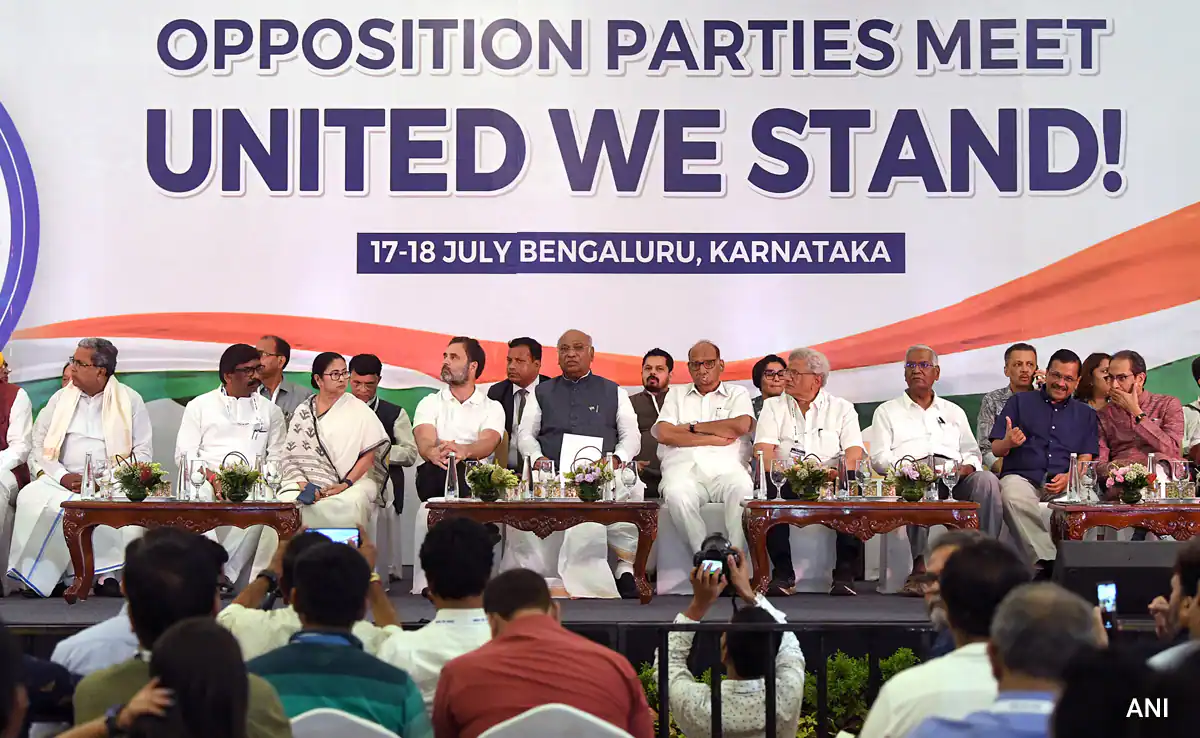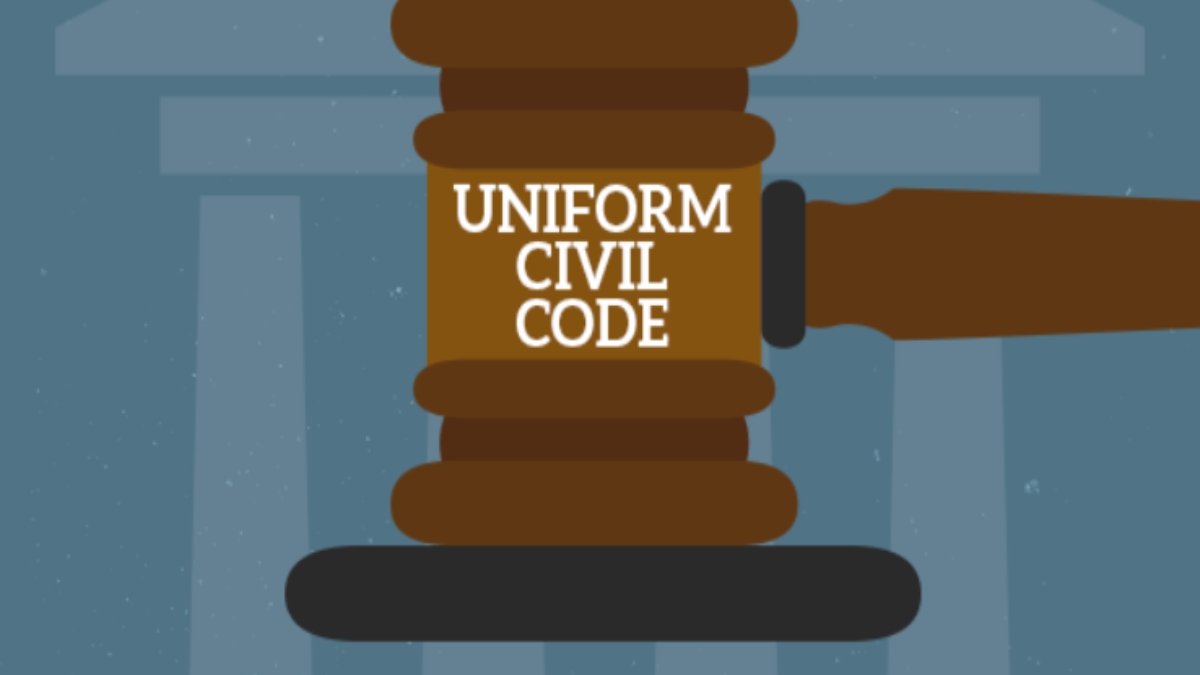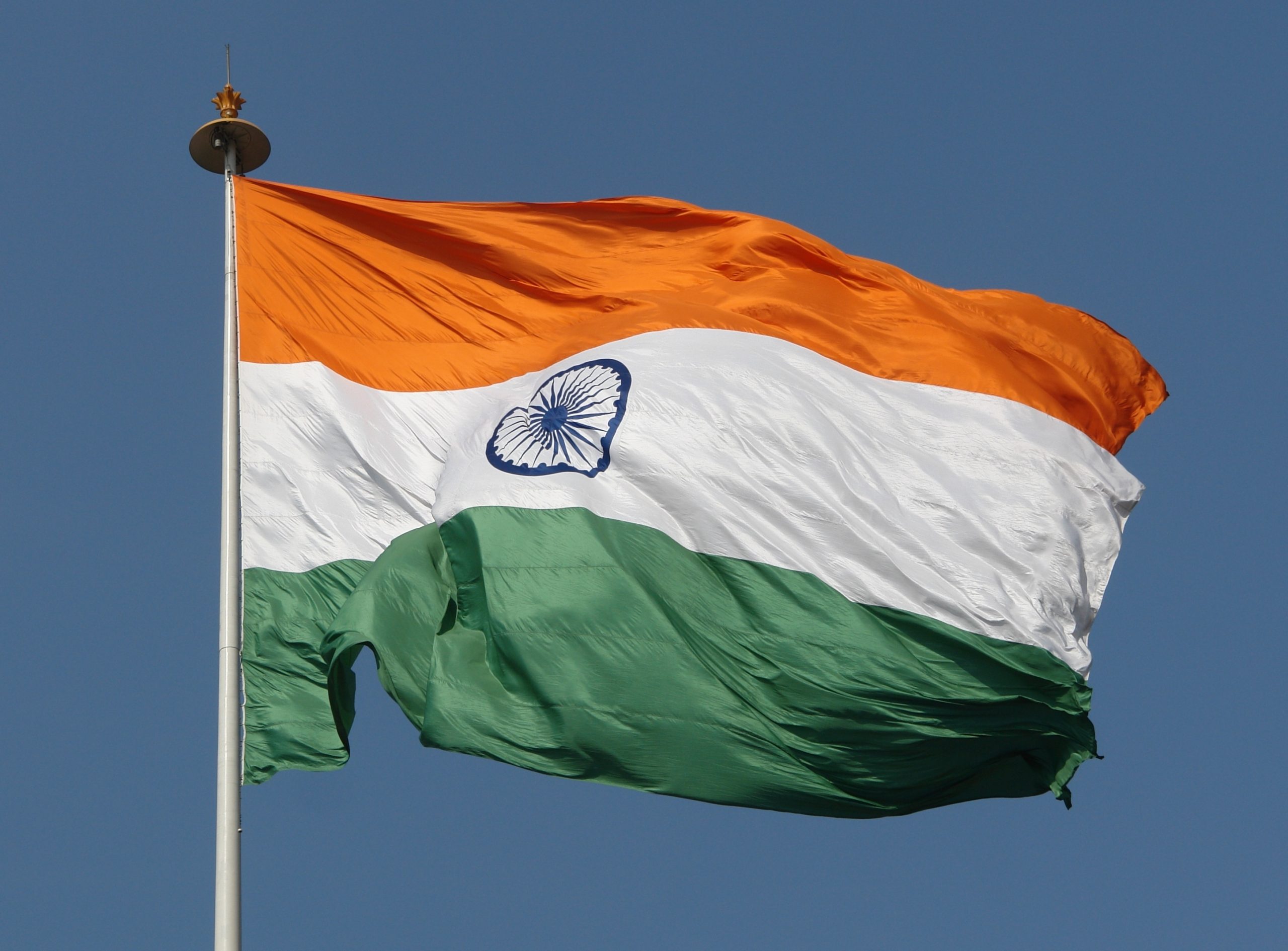The internet has radically changed the ways in which we interact, acquire information, and do business in an era marked by digital interconnection. Imagine, however, if a state in India decided to forbid the use of the internet. Even though this might sound improbable, it’s crucial to consider the potential effects of such a choice on numerous facets of society, including the economy, government, and individual rights.
Internet restrictions have been implemented across the world for a variety of reasons, including worries about national security and the suppression of rumours during important events. Internet blackouts have previously been deployed in India, frequently in reaction to disturbances, demonstrations, or to stop the spread of rumours that may spark violence. A total and permanent ban on internet use in a state would, however, pose serious problems and have negative effects.
Since deciding to outlaw internet use in the whole state of Manipur, it has been more than a hundred days. Understanding that the internet was shut down allegedly to stop the spread of violence in the state but has not done anything to stop violence or uphold law and order is more crucial than ever.
Human contact is based on communication, and the internet has fundamentally changed how we engage with one another. The ability to communicate among people, families, and communities would be significantly hampered by a state-enforced internet shutdown. Message applications, email services, and social networking sites have transformed into lifelines for staying in touch, particularly during emergencies. People would become isolated and unable to obtain information, get in touch with emergency services, or keep up with current affairs if the internet were outlawed.
The closure violates people’s rights and negatively affects their lives rather than making them safer. Communities have been prevented from receiving and disseminating accurate information about the safety and well-being of their families; their right to peacefully protest the government has been curtailed; and journalists have encountered difficulties while covering the state’s affairs. In other, graver incidents, the closure kept the public in the dark about instances of heinous murder and sexual assault.
Modern economies are fueled by the internet, which makes e-commerce, online banking, remote labour, and digital entrepreneurship possible. A state-wide ban on internet use would be disastrous for companies that rely on online sales, leading to job losses, layoffs, and perhaps even insolvency. Additionally, it may deter investment since companies wouldn’t want to operate in a place without dependable internet infrastructure.
It is significant to note that later rulings that eased some of the limits imposed by the shutdown had minimal effect because they only applied to broadband internet connections. This case is made even more persuasive by the fact that 96% of internet users in the nation, or the great majority, rely on mobile data connections to access the internet. This statistic, which was highlighted in a recent study by Human Rights Watch and the Internet Freedom Foundation headlined “No Internet Means No Work, No Pay, No Food,” is based on the government’s own data.
Digital platforms are being used more and more by governments at all levels to deliver public services effectively. An internet ban would interfere with services like the issuance of official papers and the collection of taxes online and force people to use old-fashioned, labour-intensive techniques. Additionally, the inability to connect to the internet might hinder disaster management efforts and make it challenging to spread information in times of crisis.
A basic human right is freedom of expression and access to information. An internet shutdown causes people to worry about censorship and the silence of dissidents. It may be very difficult for citizens to voice their complaints, engage in democratic procedures, and hold government officials responsible.
With the use of online learning platforms by the education sector, students now have access to a wide range of educational opportunities and materials. An internet ban would make it difficult for students to access online courses, resources, and learning aids, escalating educational disparities. This could inhibit the growth of skills and the state’s transition to a knowledge-based economy.
One needs to question why the shutdown is still in effect given the detrimental effects it has had on people’s lives. Why would the government choose a strategy that, according to studies, fails to reduce violence even after 100 days? Unfortunately, one explanation is that shutdowns like the one in Manipur only benefit authoritarian regimes looking to impose an information blackout. This blackout has covered egregious human rights abuses for months, saving the face of a government that has struggled to address what may be the largest human rights disaster in the area.
The violence in Manipur had driven 56,000 people from their homes as of the time of publication, and they were looking for safety in relief camps. A total of 13,000 internally displaced persons (IDPs) have sought asylum in Mizoram, a bordering state, according to its administration. Relief camps built to shelter displaced populations still need immediate assistance, including hygienic and medical amenities.
The internet significantly contributes to the development of social bonds, entertainment, and cultural standards. A lengthy prohibition could make people feel lonely, bored, and frustrated. As a result, security threats might increase as users look for alternate, possibly less secure methods of accessing the internet.
The internet has emerged as a vital instrument for communication, economic development, education, and civic involvement in a society that is becoming more and more digitised. Any change to its accessibility should be carefully reviewed in light of how it can affect people’s rights, the economy, and societal advancement. Policymakers must balance security concerns with the larger advantages of an open and connected society as technology continues to advance.
It is reasonable to expect that the closure will affect the capacity of displaced groups to use the internet in circumstances like these. Therefore, it is imperative that the government stop the shutdown so that we can fully comprehend the severity of the state’s human rights issue. The government is no longer able to make up justifications to keep the state shutdown in place. Instead, it must actively collaborate with civil society to put into practice alternative strategies that successfully handle the state’s problems without turning to one that restricts human rights. The government would continue to be held responsible for turning a blind eye while the rights of millions of its residents are violated in Manipur if it is unable to fulfil this fundamental obligation.
